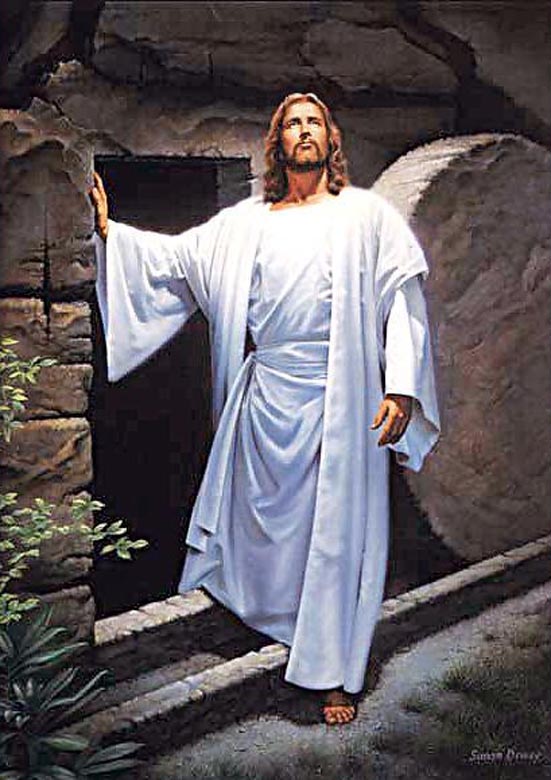
From Albert Schweitzer, The Mystery of the Kingdom of God.
All italics in the original.
"Jesus, however, reached back after the fundamental conception of the prophetic period, and it is only the form in which he conceives of the emergence of the final event which bears the stamp of later Judaism. He no longer conceives of it as an intervention of God in the history of the nations, as did the Prophets; but rather as a final cosmical catastrophe. His eschatology is the apocalyptic of the book of Daniel, since the Kingdom is to be brought about by the Son of Man when he appears upon the clouds of heaven (Mark 8:38 - 9:1).
"The secret of the Kingdom of God is therefore the synthesis effected by a sovereign spirit between the early prophetic ethics and the apocalyptic of the book of Daniel. Hence it is that Jesus' eschatology was rooted in his age and yet stands so high above it. For his contemporaries it was a question of waiting for the Kingdom, or excogitating and depicting every incident of the great catastrophe, and of preparing for the same; while for Jesus it was a question of bringing to pass the expected event through the moral renovation."
Comments
Post a Comment